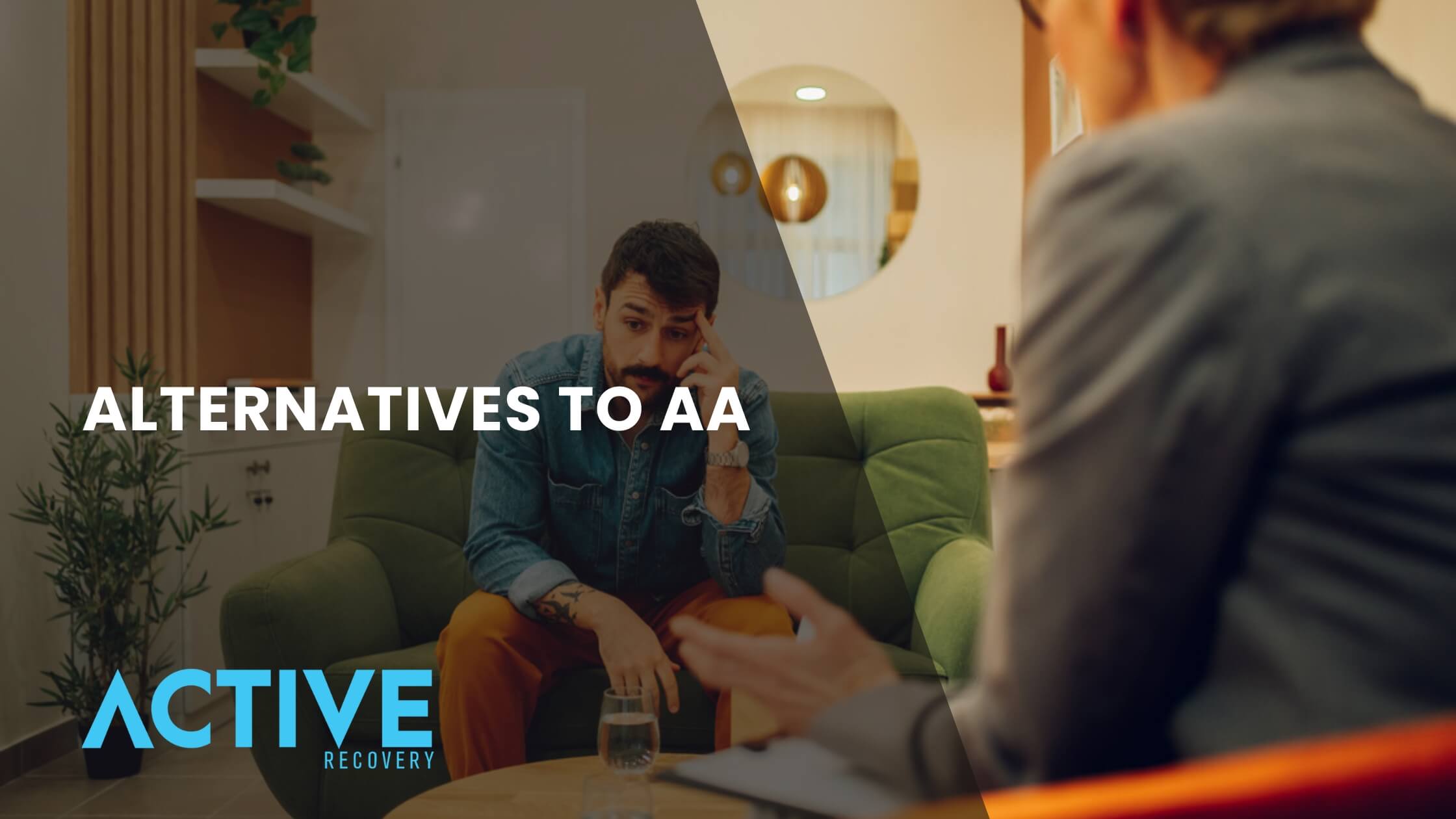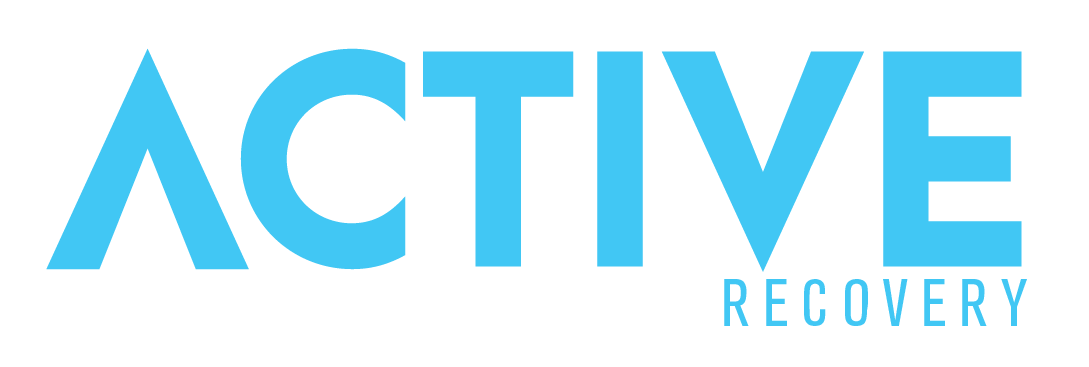Last Updated on January 5, 2024


Staying sober can be tough, especially if alcohol and substance abuse have been a major part of your life. Organizations like Alcoholics Anonymous (AA) can help ease the mental struggle during recovery. However, this approach to recovery doesn't resonate with everyone. If you prefer more personalized support, there are alternatives to AA that can be just as effective.
In this article, we have created a list of alternatives to AA, with each option offering a unique approach and support system. Active Recovery, a leader in the sober companion industry, is one of the best options for individualized post-rehab care. If you or a loved one are seeking services, please contact us! Scroll on to discover other AA alternatives.
Alcoholics Anonymous (AA) has long been a cornerstone of recovery for people battling alcohol addiction and other substance abuse. Its support group approach and spiritual elements provide a sense of community and a structured path to sobriety.
But it's also important to understand that Alcoholics Anonymous is not a universal solution. Each person's recovery plan should address their struggle, and not everyone resonates with the AA way. This is why exploring alternative options to AA is necessary.
It's empowering to understand that there are multiple paths to recovery. It allows individuals to find methods that align more closely with their personal beliefs, lifestyle, and recovery goals.
If AA doesn't resonate with you, don't lose heart. There are plenty of other programs and approaches out there, each with its distinctive philosophies and techniques.
These alternatives range from other group support systems with different core principles to more individualized therapy-based approaches. Some focus on the psychological aspects to address addictive behaviors, while others emphasize medical or holistic methods.
Here are some alternative paths to recovery that have proven to be effective for many individuals:
AA is based on the 12 steps of recovery, which are a set of principles and guidelines to help individuals achieve sobriety. Other programs also use this model, but with different variations and focuses.
Some popular examples include:
Narcotics Anonymous
Overeaters Anonymous
Gamblers Anonymous.
These programs have been instrumental in helping individuals overcome specific addictions by offering essential support and guidance. While they embrace the communal and spiritual approach of AA, these programs are tailored to address different types of addictions.
Unlike AA, Self-Management and Recovery Training (S.M.A.R.T) does not include any spiritual or religious components in its approach. Instead, it focuses on self-empowerment and self-reliance.
S.M.A.R.T. uses a science-based approach to addiction recovery. Its framework draws from cognitive-behavioral therapy (CBT), motivational therapy, and rational emotive behavior therapy. Its goal is to help individuals develop self-control and coping mechanisms to overcome addiction.
Also known as an addiction therapist, working with a recovery therapist is another good alternative to the AA approach.
Recovery therapists are licensed mental health professionals. They specialize in providing treatment and support to individuals struggling with substance abuse or behavioral addictions. They use various therapeutic techniques to address the underlying causes of addiction and provide guidance on how to stay sober.
Some of the services they provide include the following:
assessment of the severity of your addiction
treatment planning
counseling to understand your triggers and develop coping strategies
support dual diagnosis treatment through care coordination with other healthcare professionals to provide you with comprehensive care
Sober companions are trained professionals who assist individuals recovering from addiction one-on-one. One of the services they perform is accompanying individuals to social functions where a client might be exposed to alcohol.
A sober companion also doubles as a mental health companion and provides practical, emotional, and logistical support during recovery. They will guide you with the challenges of daily life while maintaining sobriety.
As a recovery consultant, sober companions help you:
24/7 support by staying with you all the time
one-on-one discussion of recovery strategies, triggers, and lifestyle change
accountability and transition support
Engaging with a recovery coach is another option if you're looking for personalized support. They are trained to help individuals battling addiction develop healthy habits and behaviors that promote recovery.
Recovery coaches use a holistic approach, taking into account the individual's physical, emotional, psychological, and spiritual well-being.
They help sustain your recovery by doing the following:
inspire and motivate you to stay on the path of recovery
set achievable goals
create strategies for you to access much-needed resources
prevent relapse
Active Recovery Companions offers various services and programs to support you in your path toward lasting sobriety.
Our team of trained professionals includes mental health companions, sober companions, recovery coaches, and more to provide you with personalized support and guidance. We work with each individual to understand their needs and create a customized recovery plan that best fits their lifestyle, beliefs, and goals.
Whether you're looking for alternative programs or support in addition to AA, our team is here for you every step of the way. Contact us today to learn more about how we can help you achieve your goal of long-term sobriety.

© 2023, Active Recovery Companions